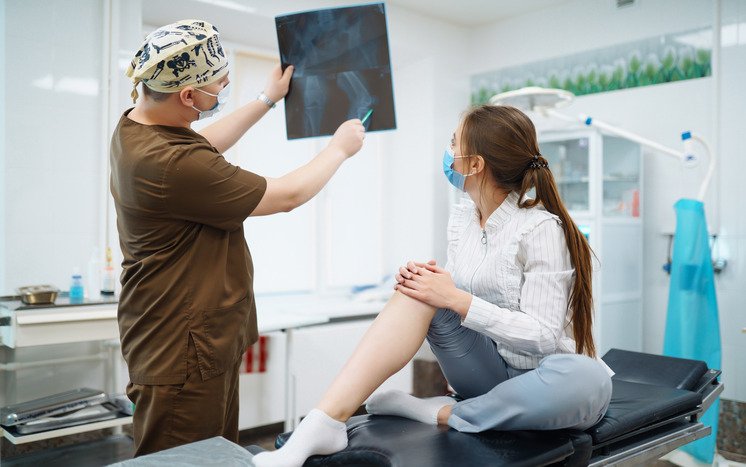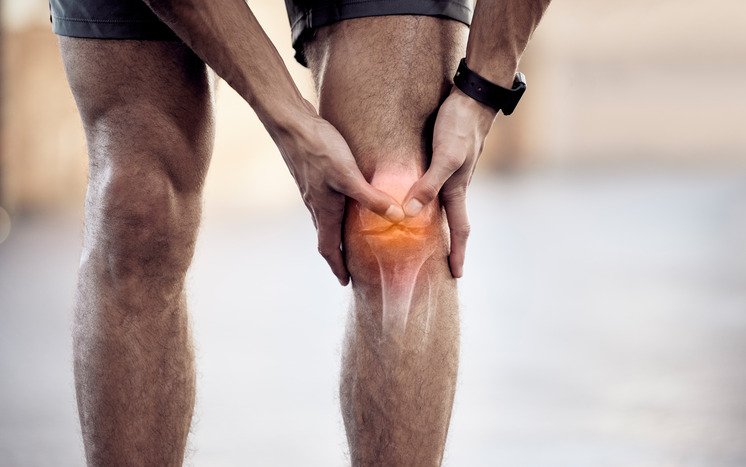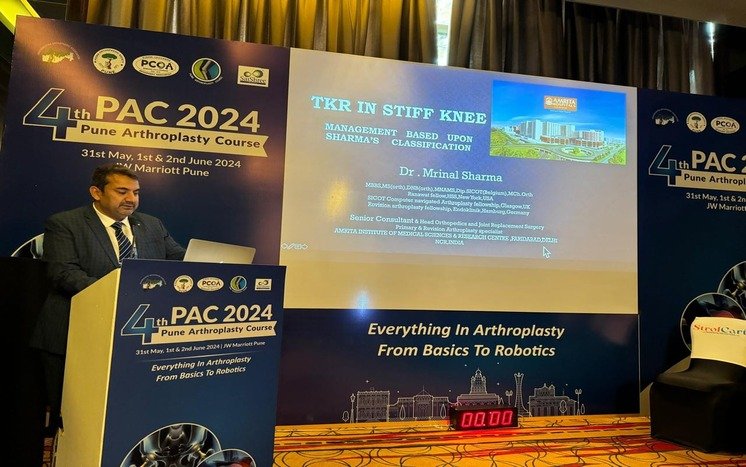
10:00am to 04:00pm (Mon to Sat) - Metro Hospital, Faridabad
06:00pm to 08:00pm (Mon to Sat) - Arthrocare Clinic, Noida
10:00am to 04:00pm (Mon to Sat) - Metro Hospital, Faridabad
06:00pm to 08:00pm (Mon to Sat) - Arthrocare Clinic, Noida
 April 29, 2024
April 29, 2024
Knee replacement surgery is a transformative procedure for those suffering from severe knee pain and mobility issues, often due to arthritis or injury. In recent years, robotic knee replacement has emerged as a cutting-edge alternative, offering new levels of precision and success in orthopedic surgery. This blog post will explore the advantages and disadvantages of robotic knee replacement, highlighting why Dr. Mrinal Sharma is considered the best robotic knee replacement surgeon in India.
One of the most significant advantages of robotic knee replacement is its increased precision. Robotic systems provide surgeons with real-time 3D imaging, allowing for more accurate bone cuts and better alignment of the knee implant. This precision can lead to a more natural knee movement post-surgery and decrease the likelihood of implant misalignment, which is crucial for the longevity of the knee prosthesis.
The precision of robotic-assisted surgery also reduces the risk of complications associated with traditional knee replacement procedures. By minimizing damage to the surrounding tissues and ensuring accurate placement of the implant, the robotic approach leads to fewer complications such as infection, blood loss, and postoperative pain.
Patients undergoing robotic knee replacement surgery often experience quicker recovery times. The technique’s minimally invasive nature, coupled with precise cuts, means that patients can start rehabilitation sooner and experience less postoperative pain. This quicker recovery allows patients to return to their daily activities faster than traditional knee replacement patients.
Robotic surgery allows for a higher level of customization in knee replacement procedures. The technology considers the patient’s unique anatomy, enabling tailored surgeries that suit individual conditions and needs. This customization can significantly improve the prosthetic knee’s function and feel.
Robotic knee replacements can be more expensive than traditional procedures. The cost includes the advanced technology, training, and maintenance of the robotic systems. However, the long-term benefits, such as reduced revision surgery rates, may offset these initial costs.
The availability of robotic knee replacement surgery can be limited, depending on geographic location and facility capabilities. Not all hospitals are equipped with robotic surgery technology, which may limit access for some patients.
There is a significant learning curve associated with robotic knee replacement surgeries. Surgeons must undergo specific training to operate the sophisticated equipment effectively. While this is a disadvantage initially, as more surgeons become adept over time, this challenge is expected to diminish.
Dr. Mrinal Sharma is renowned for his expertise in robotic knee replacement in India. As a pioneer in this field, Dr. Mrinal Sharma has mastered the surgical techniques and contributed to training other orthopedic surgeons across the country. His commitment to providing personalized care and his track record of successful outcomes have earned him the reputation as the best robotic knee replacement surgeon in India.
Patients under Dr. Mrinal Sharma’s care benefit from his extensive experience and dedication to using cutting-edge technology to deliver optimal results. His approach ensures that each patient receives the most precise and effective treatment possible, making him a trusted choice for those needing knee replacement surgery.
Robotic knee replacement presents a promising advance in orthopedic surgery, offering numerous benefits over traditional methods, particularly in precision, recovery time, and customization. However, it is not without its drawbacks, such as cost and availability. For those considering this procedure, consulting with an expert like Dr. Mrinal Sharma can provide clarity and confidence in deciding the best approach for their situation. As technology advances and becomes more widespread, robotic knee replacement is likely to become more accessible, providing relief and improved quality of life for patients with severe knee conditions.




